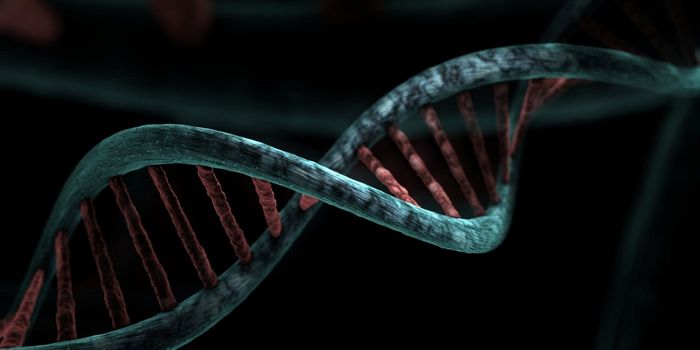In the absence of food, neurons that normally control appetite initiate complex, repetitive behaviors seen in obsessive-compulsive disorder (OCD), and anorexia nervosa, according to a new study by Yale School of Medicine researchers.

The findings are published in the March 5 online issue of the journal Cell.
Neural circuits are responsible for flexible goal-oriented behaviors. The Yale team investigated how a population of neurons in the hypothalamus that control food intake are also involved in other behaviors. Known as Agrp neurons, these cells also control repetitive, stereotypic behaviors in mice when food is not available, the researchers discovered.
The team tested the behavior of mice after the Agrp neurons were activated. They found that in the absence of food, mice engaged in repetitive such as grooming and marble burying. They further demonstrated that these behaviors were goal-oriented and not related to anxiety.
Source: phys.org









